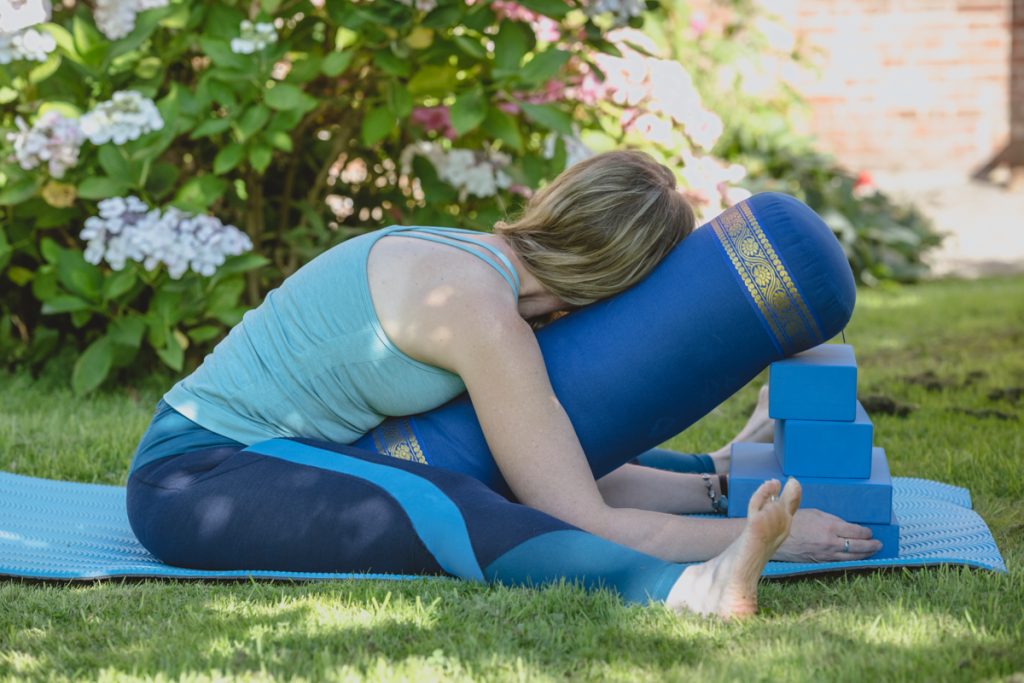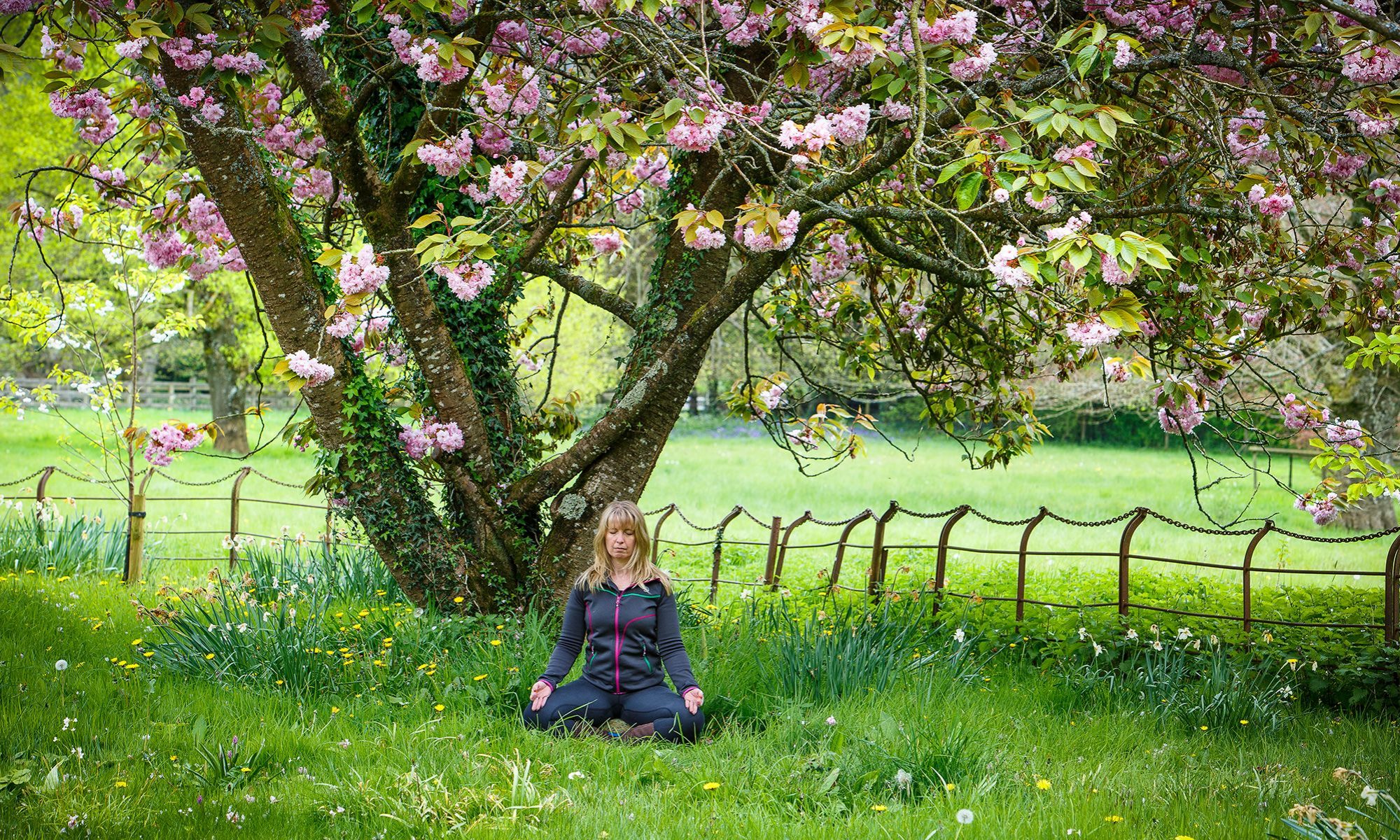It’s believed that a third of British people have insomnia. Either they struggle to fall asleep or wake up in the night with a whirring mind and can’t return to sleep. In the morning they feel groggy with no energy, which effects mood and work performance. Chronic insomnia has been linked to accidents, obesity, diabetes, and other serious health conditions. Yoga can improve sleep and reduce insomnia.
We sleep in 90-minute cycles, each one split into 5 stages. The first stage is short, when we’re transitioning between relaxation and sleep. In stage 2 the heart rate starts to slow. Stages 3 and 4 are deep sleep, when the body strengthens the immune system and repairs cells. Stage 5 is Rapid Eye Movement, which is restorative for the brain and intense dreams can occur. Depending on how long you sleep we have about 4 to 6 cycles a night, with the REM stage getting longer with each cycle.
Yoga has a positive effect on the parasympathetic nervous system, the rest and digest part we need to counteract the sympathetic nervous system. There are plenty of simple quick yoga techniques that can be done to soothe the nervous system, lower stress levels and improve sleep.
A major cause of insomnia is an overstimulated nervous system brought on by stress. Anxiety and stress trigger the fight or flight response in the sympathetic nervous system. This raises the heart rate, quickens the breath, and releases cortisol and adrenaline. Too much caffeine, alcohol and sugar have a similar effect. Menopause also effects sleep, you can find out why at one of my Yoga for Menopause workshops or course.
Yoga to help you sleep
If you’re struggling to fall asleep in the first place, try some stretches and yoga poses to release tense muscles making it easier to fall asleep. Plenty of yoga students say they sleep better after a class. Restorative yoga poses are perfect for this, they’re suitable for beginners and easy to do at home on your own. Grab some cushions for support, sink back into your chosen pose, breathe slowly and deeply, and feel your muscles unfurl. If you like to be guided join me for a relaxing online yoga class

I quieten my mind by meditating for 20 minutes just before bed. This improves the quality of my sleep and helps me fall asleep more easily. Research has shown that older adults with insomnia noticed improvement to their sleep after practicing mindfulness meditation.
To distract my mind from whirring thoughts when I wake up in the night I use a yoga relaxation technique or focus on my exhalation. This stops my mind worrying about the lack of sleep and I usually drift off again quite quickly.
Lifestyle tips for a good night’s sleep
I try and create an environment to calm my mind in the evening so I can go to bed feeling relaxed. As well as meditating I have a few simple rules I follow to ensure I sleep well, these include:
No screens after 8pm, the blue light interferes with melatonin production, the hormone needed to help you feel sleepy at night.
I avoid all forms of news media in the evening, it’s full of doom and gloom and heightens anxiety, so not conducive to a calming mind.
I drink a small cup of sleepy herbal tea shortly before bed.
As I’m sensitive to caffeine and find it difficult to metabolise I only have 1 coffee a day and I drink that before 11am. More than 1 coffee and I’m wired, then struggle to get to sleep.
We’re all different so what works for me may not work for you. So create a calming routine that helps you relax your body and quieten your mind.

